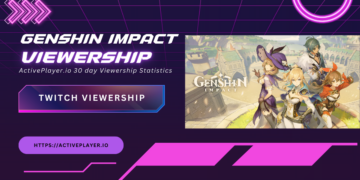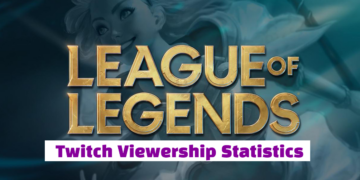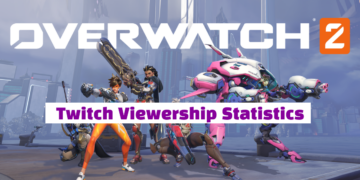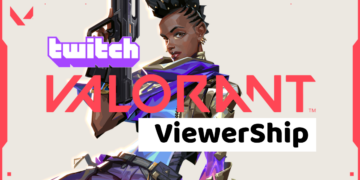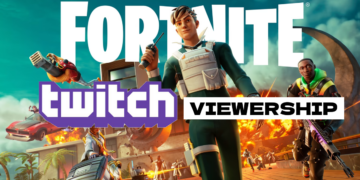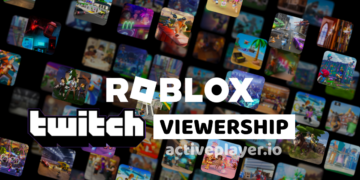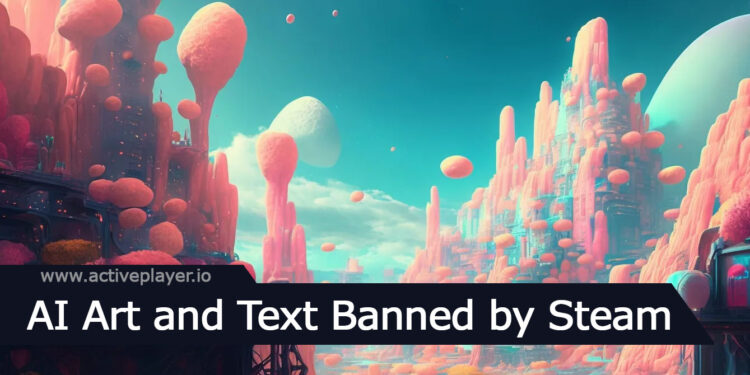Valve Declines to Distribute AI-Generated Content on Steam
Valve, the video game development giant known for its versatile platform, Steam, has made a controversial decision not to publish titles featuring Artificial Intelligence (AI) generated content. This decision represents a landmark moment in the industry as it raises new questions about the place of AI in video game development.
Simon Carless, a veteran of the video game industry, commented on this development via a tweet, “PSA: Valve has been quietly banning newly submitted Steam games using AI-created art assets – if submitters can’t prove they have rights for the assets used to train the algorithms.”
PSA: Valve has been quietly banning newly submitted Steam games using AI-created art assets – if submitters can't prove they have rights for the assets used to train the algorithms: https://t.co/WhWpJpaFjl pic.twitter.com/5KhzJESYxk
— Simon Carless (@simoncarless) June 29, 2023
This decision sparks discussion among game developers, legal experts, and gamers alike, with many speculating about the implications of this move.
Another user pointed out the potential for confusion, stating, “If this is true, it’s going to cause a lot of confusion. I hope they’ll clarify this soon.”
The issue of AI-generated content is indeed a complex one. AI models are often trained on vast amounts of data, which can include copyrighted material. This raises questions about who owns the rights to the output generated by these models. As one user noted, “They come at it from a good perspective. Not just because ‘AI bad’ but because it’s a huge untested legal grey area, where every mainstream model is trained from copyrighted content then sold for the capabilities it gained from training on said copyrighted content.”
This move by Valve raises many questions regarding the future of AI in the game development industry. There are already numerous titles in the market that employ AI for various tasks, such as procedural content generation, NPC (non-playable character) behavior, and game balancing. Valve’s decision might impact the way other platforms and developers approach AI-generated content.
Vavle Banned Not Just Art but Also Any AI Text Generated
Some critics argue that Valve’s stance could stifle innovation. AI has been great instrument in overcoming certain limitations of game development, such as the creation of vast, complex, and dynamic environments. Complex text-based conversation is one of the most useable A.I can do.

Checking out this section that it is not only the art is banned by Valve but also the text/context or anything related to A.I.
The decision to not support such content could hinder the evolution of the industry. However, others suggest that this decision might lead to a resurgence in human-led creativity and originality in game design.
What You Think?
While the debate rages on, what is clear is that Valve’s decision has prompted a profound discussion on the role and value of AI in video game development.
The industry is closely watching the ripple effects of this decision, and it will be fascinating to see how it influences the trajectory of AI within the gaming ecosystem.
As the video game industry continues to explore and push the boundaries of AI integration, Valve’s stance is a reminder that we are still navigating the frontier of this new age of development. Only time will tell whether this move will be viewed as a cautionary tale or a visionary stand.

